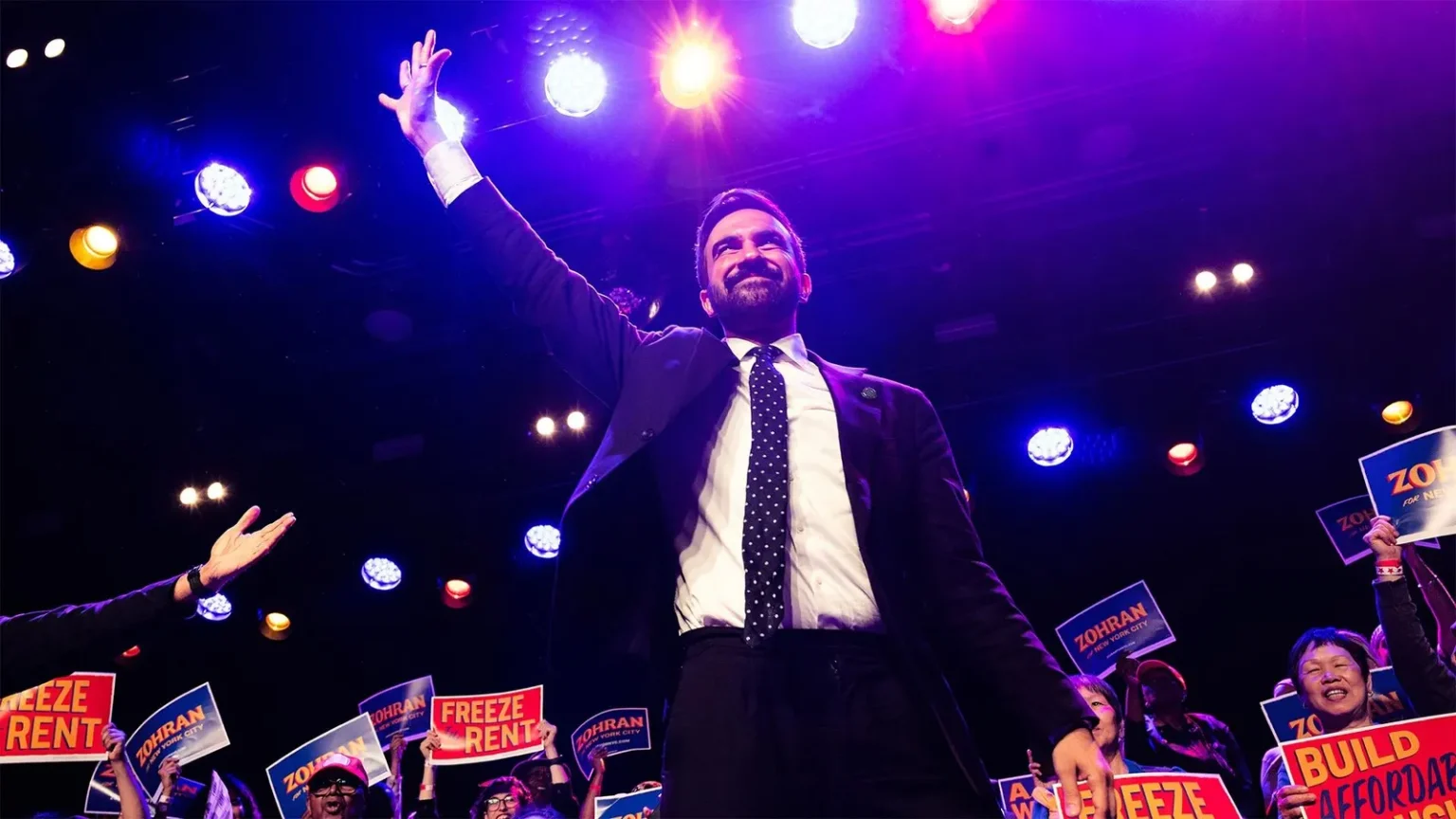Billionaires vs. Mamdani: The Battle for New York City’s Future
In a political showdown that has captured national attention, 34-year-old democratic socialist Zohran Mamdani leads the race for New York City mayor, despite facing unprecedented opposition from some of America’s wealthiest individuals. “Billionaires like Bill Ackman and Ronald Lauder have poured millions of dollars into this race because they say that we pose an existential threat,” Mamdani boldly declared at a mid-October rally. “I am here to admit something: They are right.” This confrontation between a progressive candidate and billionaire interests has transformed a local mayoral race into a symbolic battle over wealth inequality and the future direction of America’s largest city.
The scale of financial opposition to Mamdani is staggering. According to a Forbes analysis, 26 billionaires and members of billion-dollar families have contributed at least $100,000 each to support candidates running against him, with total donations exceeding $22 million. Hedge fund manager Bill Ackman has contributed $1.75 million, cosmetics heir Ronald Lauder $750,000, and former New York mayor Michael Bloomberg an astounding $8.3 million. Even billionaires with no direct ties to New York have joined the fray, including Walmart heir Alice Walton from Texas and Netflix co-founder Reed Hastings from California. This nationwide coalition of wealth has funded a relentless barrage of anti-Mamdani messaging across television, digital platforms, and direct mail campaigns, intensifying as the election approaches with major new donations arriving weekly.
Mamdani’s policy platform has clearly struck a nerve among the ultra-wealthy. The three-term state assemblyman has been forthright about his views on extreme wealth, plainly stating, “I don’t think we should have billionaires, because frankly, it is so much money in a moment of such inequality.” His mayoral agenda includes freezing rent in rent-controlled apartments, making city buses free, and establishing universal childcare. To fund these initiatives, Mamdani proposes raising the top marginal income tax rate in New York City by two percentage points and increasing corporate income taxes from 7.25% to 11.5% to match New Jersey’s rate. While he has recently begun meeting with business leaders to address their concerns, his fundamental commitment to redistributive policies remains unchanged, creating what wealthy donors perceive as a direct challenge to their interests.
The billionaire opposition reflects complex and sometimes contradictory political allegiances. Liberal donors like Barry Diller and Reed Hastings have joined forces with conservative figures like casino magnate Steve Wynn and oil baron John Hess. Even the Tisch family, with deep ties to New York institutions including NYU and the New York Giants, has contributed $1.2 million to anti-Mamdani groups, despite the fact that family member Jessica Tisch serves as the city’s police commissioner—a position Mamdani has reportedly pledged to maintain in his administration. Perhaps most striking is Joe Gebbia, Airbnb co-founder, who despite serving in the Trump administration poured $3 million into three different anti-Mamdani groups in a single day. This unusual coalition demonstrates how wealth often transcends traditional political divides when confronting economic policies that might impact fortunes.
The motivations behind these massive donations appear to be both economic and ideological. Many of the billionaire donors have substantial business interests in New York City that could be affected by changes in tax policy or regulations. Real estate developers like David Walentas (who transformed Brooklyn’s DUMBO neighborhood) and construction magnate John Fish (whose company is renovating the Waldorf Astoria) have clear financial stakes in the city’s governance. Others seem motivated by broader ideological concerns about progressive policies. Bill Ackman, for example, has claimed that Mamdani’s policies will “create more crime, less public safety, fewer jobs, lower tax revenues.” Even former president Donald Trump, though not among the donors, has used his platform to call Mamdani “a 100% Communist Lunatic,” highlighting how the race has become a proxy battle in America’s larger political divide.
For his part, Mamdani and his campaign see the billionaire opposition as validation of their message. Campaign spokesperson Dora Pekec framed the situation bluntly: “Billionaires are lining up behind a candidate who’s spent months chasing their approval and their dollars instead of talking to working class New Yorkers. Cuomo’s running on the same tired cynical politics of the past that created the affordability crisis and has driven New Yorkers out of the city. Zohran Mamdani is practicing a politics that puts New Yorkers first—not billionaires.” This narrative positions Mamdani as a champion of ordinary citizens against entrenched wealth and power, turning the unprecedented financial opposition into a political asset that reinforces his populist credentials. As New York voters prepare to make their decision, the race has evolved into something larger than a typical mayoral contest—it has become a referendum on whether concentrated wealth should influence democratic outcomes and whether progressive economic policies can succeed in America’s financial capital.


